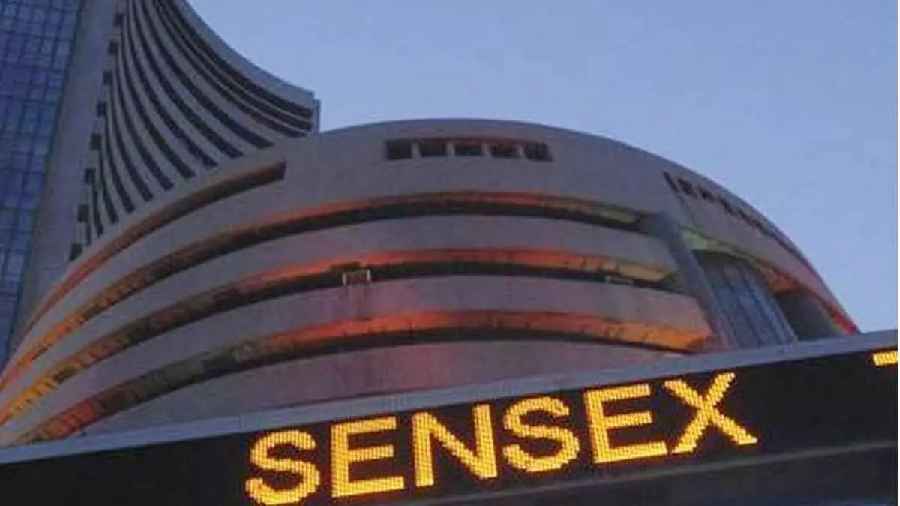Domestic themes backed by a pickup in capex and strong credit growth are expected to be in the sweet spot on the bourses in 2023 even as brokerages say a firm upward trend will be visible only in the second half after volatility in the first half on account of global factors.
In 2022, while the Sensex rose 4.44 per cent or 2586.92 points, the Nifty gained 4.32 per cent or 751.25 points. The Indian benchmarks still outperformed some of their peers, which had tanked up to 20 per cent.
Though analysts are not doubting the India growth story, they remain divided on how the benchmark indices will pan out during the year. While some are of the view they will be rangebound because of expensive valuations and export-oriented sectors not performing well, there are optimists who see the Sensex even hitting 70000 which denotes an upside of 15 per cent from the present levels.
Analysts agree the first half will not be too fruitful as investors will watch factors such as inflation, interest rate decisions by central banks, and Covid cases in China. The international conditions are expected to turn favourable only in the latter half when the US Fed and the others are likely to stop rate hikes.
But, on the other hand, the domestic economy is projected to show resilience and many analysts are betting on a positive capex cycle that could benefit various industries.
“We believe that the prevailing volatility in the global markets is likely to continue for some more time, especially in the first half of 2023 before it sets on a more concrete trend,” Axis Securities said.
“The direction of inflation, the dollar index, oil and commodity prices, and China reopening will further drive the market fundamentals in the first half of 2023. In any case, we continue to believe in the long-term growth story of the Indian equity market, which is well-supported by the favourable structure emerging with increasing capex enabling banks to improve credit growth.’’
The brokerage expects Nifty 50 companies will continue to post strong earnings of at least 11 per cent over the next three fiscal years. It added that post-June 2023, the markets are likely to be less volatile and there would be maximum outperformance from this period.
Amid valuation constraints, they are recommending investors adopt a bottom-up approach with a focus on domestic stories. Some of the sectors that could do well include banking and finance, infrastructure, retail, and home improvement.
An analyst from a foreign brokerage told The Telegraph that the Indian economy is likely to post steady growth even as there are worries over recession in some countries. He added that soft commodity prices are also likely to aid India Inc’s margins.
According to ICICI Direct, the current year will throw up attractive opportunities in domestic-oriented sectors such as banks, capital goods, infrastructure, and logistics, which will continue to be the beneficiaries of massive capex spending by the government and the private sector.
Retail, real estate, and auto ancillaries (domestic-focused) will also provide good opportunities in the medium- to long-term.
While the current valuation is an issue hotly debated among investors, on a oneyear forward basis, the Nifty trades at around 19 times P/E (price to earnings ratio) which seems expensive versus its past 10 years average of around 17.1 times. On the other hand, the S&P 500 trades at 18.3 times one-year forward PE against its 10-year forward PE average of 20.3 times.
ICICI Direct said Nifty earnings were likely to grow at a compounded annual growth rate of around 15 per cent from 2021-22 to 2024-25 because of improved asset quality and credit growth revival in the BFSI space, pick-up in capex activity apart from profit recovery in auto and FMCG.










